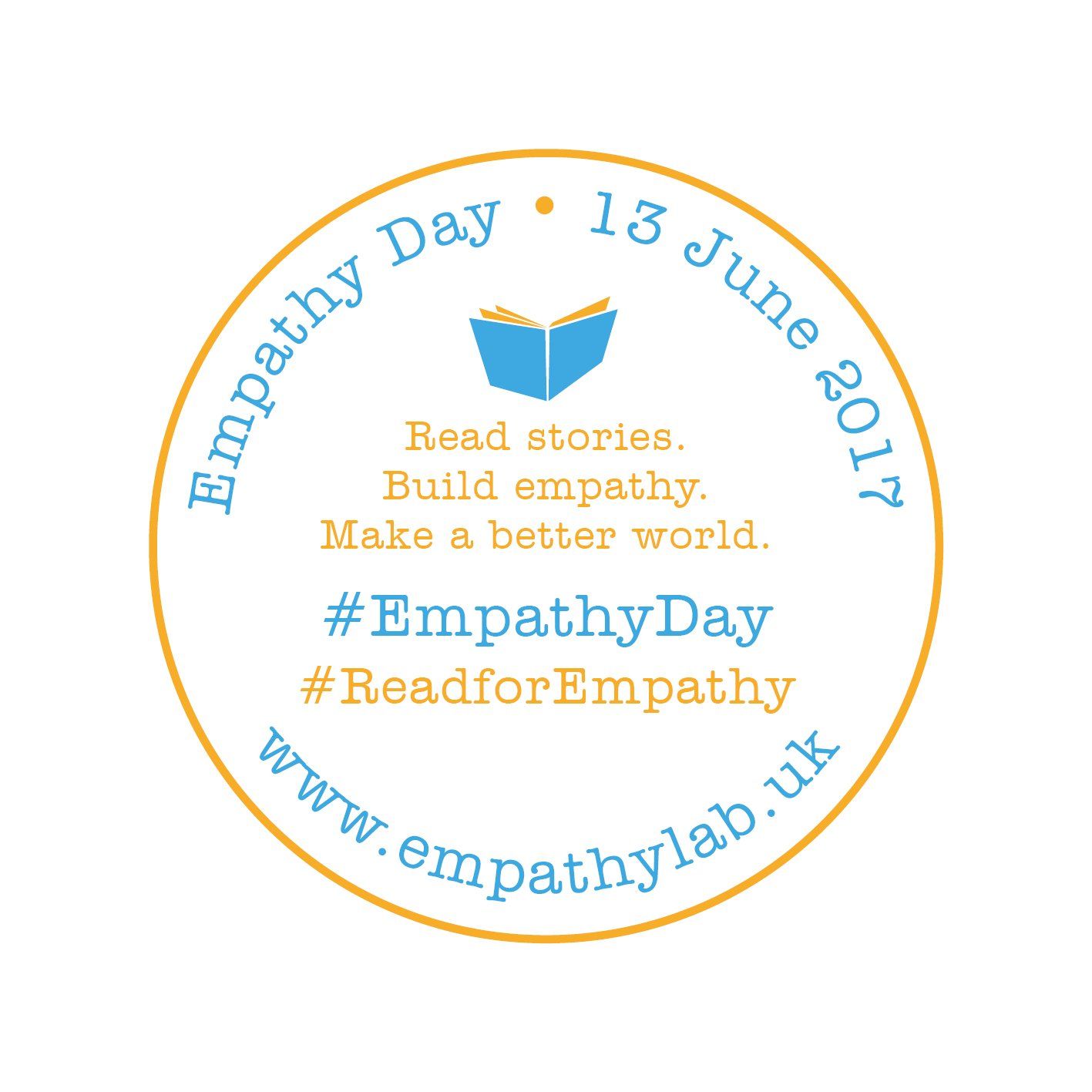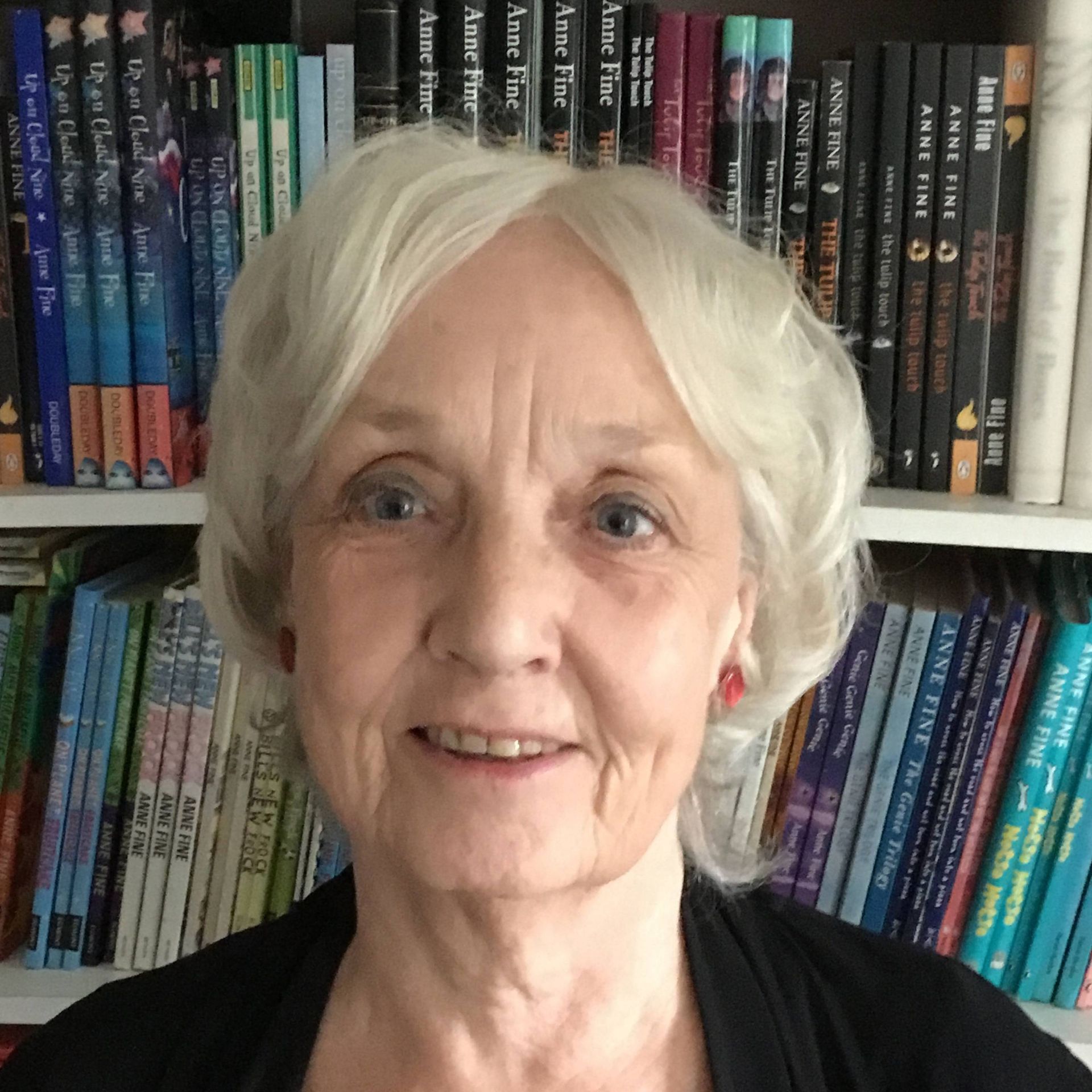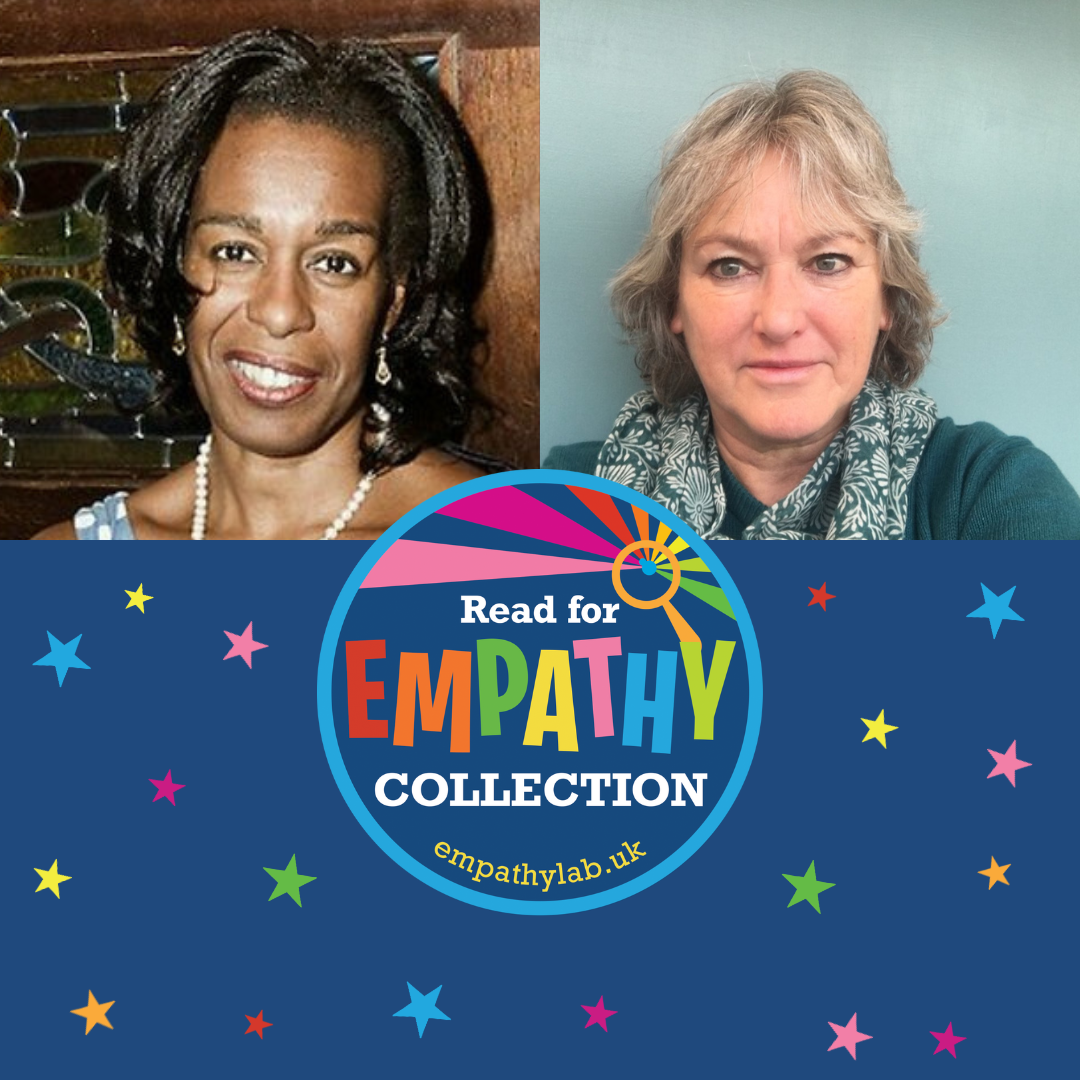Thank you for Empathy Day!
- By EmpathyLab
- •
- 04 Jul, 2017
- •

A huge thank you to everyone who got involved on Empathy Day, June 13. There is clearly huge public interest in the cultivation of empathy as a beacon of hope in our divided world.
As our name suggests, we’re experimenting with new ways to build children’s empathy skills, and Empathy Day was our first national activity. It started as a small scale activity in a handful of schools, but the idea caught fire, and we worked with authors, publishers and libraries to trial a wider model.
To our delight and astonishment, by 11am #EmpathyDay was trending on twitter, and continued to do so throughout the day, reaching over 5 million twitter accounts on Empathy Day alone.
Based on the hard new scientific evidence showing that reading stories builds real-life empathy, we ran a social media #ReadforEmpathy campaign encouraging everyone to share empathy-boosting reading experiences and recommendations. This had a similarly high reach of 1.6 million twitter users, with an outpouring of recommendations for books which people said were empathy-boosting.
And beyond the sheer volume of activity around #EmpathyDay and #ReadforEmpathy there wwas rich input around both hashtags from parents, schools, academics, charities and social justice activists.
We’re now sifting through all of the insight from the day to understand what it was that captured so many people’s imaginations. We’ll share this, and the activity in different settings, in future posts.

Why has the sheer importance of empathy come to the fore in recent years? Why do we care so much about a concept that had seemed to be left to itself for so long?
Perhaps because there has been so much change and upheaval for our young people in recent years, leaving so many isolated from what we might term ‘real’ contact with others. Lockdown was for many a disaster. The proliferation of phones hasn’t helped. Financially stretched families are often starved of time that can be spent in casual, easy, contact with one another.
So gaining an understanding of others from fiction has become more and more important. Children have always learned from the books and stories they are offered. From the fairy tales, children who lived in an elemental world without luxuries or social safety nets learned the virtues that were so necessary back then to survival: courage, resourcefulness, endurance, quick wits, kindness to strangers.
Our own young people live more tightly under separate roofs, and we have seen the language of books change accordingly - to Mum, the babysitter, playgroup, park, baby sister, Dad’s girlfriend, the bully, happy, worried, sad. It’s the language of relationships and emotions now, and understanding and compassion liberate. They have become the twenty-first century equivalent of Hansel and Gretel’s pebbles gleaming in the moonlight to show the way out of the dark forest.
Frank Flanagan once said good writers “structure, explain and evaluate the experience of childhood and empower the child to come to terms with it. They enable the child to lead a full life."
How? Partly by quite unconsciously increasing self-knowledge and self-awareness. A young reader can’t help but see characters in books unconsciously as if in a mirror. "I'm not like that." "I worry about that too." "I would have been braver”, “slower to catch on”, “tempted to be more mean”. And when this sense comes of no longer being the only one in the world to have this problem, or to feel that way, the child not only comes to realise that they are not alone, but also to gather insights into how other people deal with the same worries or tackle the same problems. In short, they learn, vicariously, how other people tick.
We have so many young people who, it seems, sometimes as a result of their upbringing, often simply by nature, have somehow failed to acquire the tools to begin to think about their own situation. Through fiction they can often begin, safely, to explore the more subtle aspects of life around them - an insight into someone else's life. A child can share desk space with someone else all year and yet learn less about them than about a character in one short book that’s read to them at night. I try to show this in my novel On the Wall , where, over the school year, Finley’s quite exceptional gift for tranquillity and self-acceptance in an anxiety-inducing world causes one fellow pupil after another to look more deeply into themselves, and learn how to rebalance their own way of thinking to become, in the process, calmer, happier, or more accepting.
We all want, for our young people, peace of mind. An excellent start is to explore Lauren Child's wonderful 'Staring into Space' project: https://staringintospace.me/
Then, steep them in fiction. And where better to find the
best than at the EmpathyLab itself?
You can purchase Anne's book, On the Wall,
here

The collection consists of 65 books for 3-16 year olds, each chosen for its unique contribution in building young people’s empathy.
The primary collection for 3-11 year has 40 books; the secondary collection features 25 books for 12-16 year olds.

